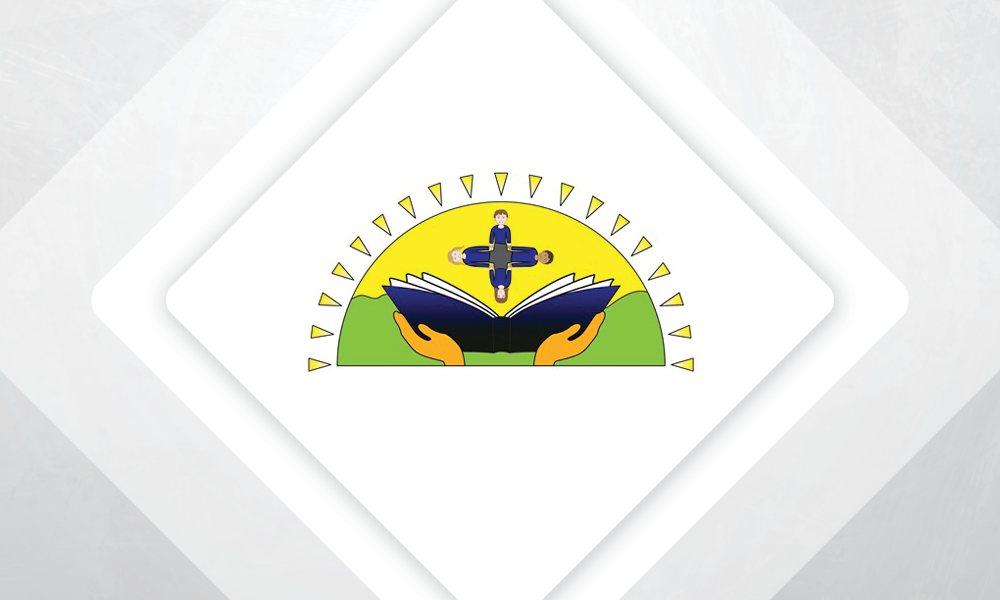What is your journey with Cornerstones?
I joined All Saints C of E Primary School in 2019, along with the headteacher. We needed to implement changes in the school, as it had been in ‘requires improvement’ twice. We used the first lockdown (in the COVID-19 pandemic) to really help us to develop and refine our curriculum and enhance our subject leaders.
I used Cornerstones at my previous school, Elizabeth Woodville, in Groby, and had a lot of success with it. When I got the opportunity to come to All Saints, the curriculum was a bit dated, it wasn’t very consistent, the staff had fallen out of love with the fun part of primary teaching, so we needed something quite quickly. Cornerstones was a fresh approach; it was a way that we could inspire the teachers.
I’d recommend it for any sort of school if they are looking for a platform that they can build from. Every school is different, and we wanted to make sure that it was responsive to us.
How have you planned your curriculum?
We’ve put together a long term plan on Maestro, so that there are minimal gaps in coverage. But we’ve also put our own ethos onto it. Our curriculum is called the ‘journey of discovery’, where all subjects are equally as important as each other, because our motto is ‘Let your light shine’. We might have a child who struggles in geography, but they are a fantastic musician, or that RE might be the highlight of their day. Our journey of discovery is about intertwining all of those different subjects into that topic, which I’ve had success with in the past and it’s working really well here.
We’ve also broken down all of the things that we teach into three areas, head, hand and heart, so that everybody can articulate our curriculum. The head part of our curriculum is the knowledge, facts and principles that we have to learn, taken from the national curriculum. The hand is the key skills that we learn, like using watercolour painting techniques. The heart element, because we’re a church school, is how we can get our Christian values through our topic, such as generosity. We use Cornerstones to help support this approach.
What impact have you seen on the children?
As a result of the teachers’ hard work, the children have really embraced what’s going on with our curriculum. Since we started to use Cornerstones, we’ve transformed our curriculum. It was a bit lifeless and not as creative as it could be. Cornerstones champions creativity, encourages you to get outside, get the paints out, go on trips, do what brings about the best learning. Introducing Cornerstones, the staff very quickly realised we could get the fun back into school. Primary school should be fun and enthuse kids to want to learn. On our Twitter page, you can see children taking part in weird and wonderful science experiments and things that just weren’t evident in our curriculum for the last few years. The kids are really engaged by it. They want to learn and take part.
Through the ‘head, hand and heart’ approach, Cornerstones helps us to teach the skills and knowledge. Stuff is now sinking in, and the children are really enthusiastic about it. With our maths and English, we’re focusing on the basics so that those skills that the children will need moving forward are practiced daily and embedded. It seems to be working very well. And our curriculum books are looking superb; we’ve had great feedback from advisors, other teachers and governors.
As deputy headteacher, I observe lessons, speak to children and teach in other classes as well. You can see the enthusiasm, and that’s something that’s really, really changed within our school. In pupil interviews, they are really, really positive about their experiences at school now, and the parents are as well. We’re finding a lot more parental engagement.
What impact is Cornerstones having on your staff?
I can’t speak highly enough of the team that we’ve got here. Our staff are really creative. Given a bit of freedom using Cornerstones, it’s allowed them to bring our curriculum to life. We’re enhancing what Cornerstones provide, our subject leaders are providing more CPD, and it has been a really positive experience.
The teachers like the Cornerstones resources because they’re all on Maestro; you literally click a button, and you can print or have those resources ready for you. And you know that they are pitched appropriately.
How have you found Maestro?
To be able to design curriculum cycles and deal with the impact of lockdown on a computer to track gaps and change things was a godsend. When I did that previously, it was much harder to do. We’ve been able to shape our school’s curriculum and put things into the right half term. It’s really easy to put together an exciting curriculum that links specifically to our children and can make sure that there aren’t as many gaps. Previously, teachers picked the topics that are really exciting and realised that there is no design and technology in science, for example.
Subject leaders can see what skills are taught in a class, and clearly see the curriculum progression through the school. So, for example, compass directions in Y1 and Y2 leads to longitude and latitude in Y5 and Y6. Without that sort of guidance from Cornerstones, it may well have been just NSEW through the whole school.
Looking to the future
At this time, because of the situation that we’re in, we’re fighting lots of fires and have areas for improvement. We’re striving to improve our RE teaching and collective worship, so I was really excited when Cornerstones released the Love to Celebrate units. We also want to get the parents even more involved. Another area of focus for us is to secure the previous knowledge that the children have learned, to see if they are fully understanding and remembering it. The Cornerstones knowledge organisers are on the website, which will help, and it’s another way that parents can access the learning.
We wish Tom, the staff, children and community at All Saints C of E Primary School every success for their future development.



